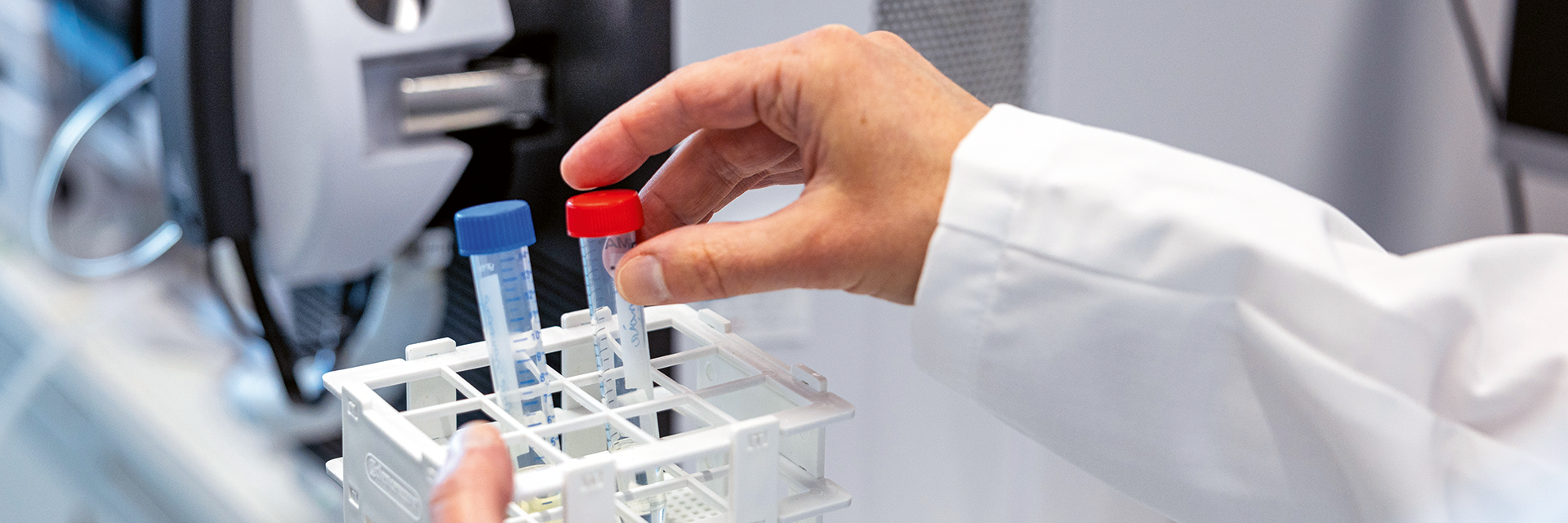Intelligent drug formulation
Martin Kuentz and his students are predicting solubility and formulation composition to reduce animal testing
About 80% of existing and new oral drugs are poorly soluble in the gastrointestinal tract. Assessing the performance of oral formulations has largely relied on animal testing, which is increasing despite the EU’s commitment to reducing animals in research.
To offer new solutions and reduce animal testing, researchers at the Institute for Pharma Technology and Biotechnology are participating in the EU project InPharma. The project aims to develop an end-to-end modelling approach to the formulation of drugs for oral administration.
Prof. Dr. Martin Kuentz, Team Leader in Oral Formulation of Chemical Drugs, is leading the project’s work package 1, Computational tools to develop optimal oral drug formulations. The goal of the work package is to find suitable excipients and formulations, for example using quantum chemical methods and molecular simulation.
“Artificial intelligence and mechanistic modelling are increasingly shaping the development of drug products” says Kuentz.
InPharma actively contributes to training 13 early-stage researchers, who are completing their European Industrial Doctorates as part of the project. Kuentz is supervising the work performed by two of these early-stage researchers.
One of them is Shaida Panbachi, who is collaborating with the firm Zentiva on testing the industrial feasibility of novel deep eutectic solvent formulations. For the first part of the project, Panbachi used computational tools such as molecular dynamics simulations to predict physical and chemical properties of deep eutectic mixtures, which she completed at the FHNW School of Life Sciences in Muttenz.
Then Panbachi travelled to Prague to work on capsule compatibility and prototype development with Zentiva, a leading manufacturer of generic medicines. Under the supervision of Dr. Josef Beranek, Panbachi is studying the in vitro release properties of innovative deep eutectic formulations, which bridges over to Work package 2 led by the University of Athens.
Shaida Panbachi has already published a first scientific paper, which contributes to the overarching project objective, to promote formulation innovation using computational tools and in vitro tests to reduce preclinical animal studies.
Key facts | |
|---|---|
Partners and beneficiaries: | 18 organisations, including Zentiva |
Financing: | EU Horizon 2020 InPharma 955756 |
Panbachi, S., Beranek, J., & Kuentz, M. (2025). Abiraterone acetate fixed-dosed combinations with ibuprofen-based therapeutic eutectic and deep eutectic solvents. International Journal of Pharmaceutics, 671, 125279. https://doi.org/10.1016/j.ijpharm.2025.125279

